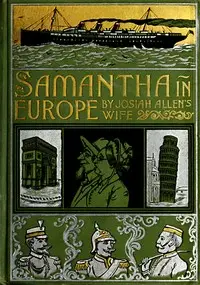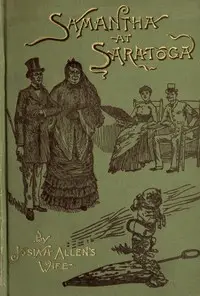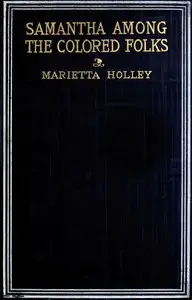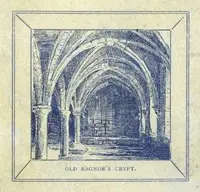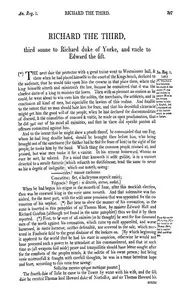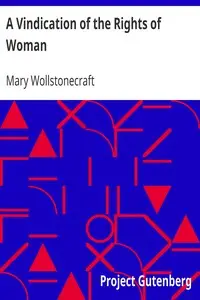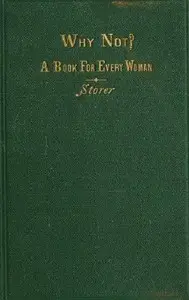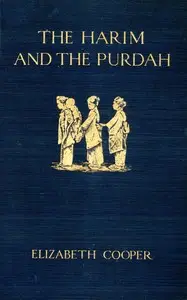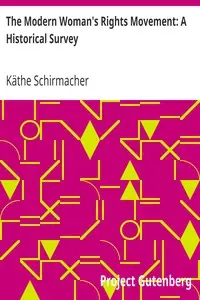"Samantha among the Brethren — Volume 6" by Marietta Holley is a novel written in the early 20th century. This book is part of a series featuring the character Samantha, a strong-willed and witty woman who shares her observations and experiences in a humorous yet insightful manner. The likely topic of the book revolves around the adventures and challenges Samantha faces in her community, particularly addressing issues of duty, morality, and the quirks of human behavior, often through the lens of social commentary. In this volume, Samantha travels to Loontown to assist her friends Miss Timson and Rosy, who are distressed over the illness of Ralph S. Robinson, their beloved. As Samantha engages with her community, she navigates the complexities of social expectations and religious fervor, particularly as she confronts the local deacon about the church bells that disrupt Ralph's chance of recovery. The narrative intertwines vivid character portrayals and Samantha’s reflections on duty, love, and compassion. Additionally, as she assists in caring for Ralph, the storyline explores themes of sacrifice and the often absurd nature of social customs, culminating in a tragic but profound commentary on life and faith within her community. (This is an automatically generated summary.)

Samantha among the Brethren — Volume 6
By Marietta Holley
"Samantha among the Brethren — Volume 6" by Marietta Holley is a novel written in the early 20th century. This book is part of a series featuring the ...
Marietta Holley, was an American humorist who used satire to comment on U.S. society and politics. Holley enjoyed a prolific writing career and was a bestselling author in the late 19th century, though she was largely forgotten by the time of her death. Her writing was frequently compared to that of Mark Twain and Edgar Nye. Along with Frances Miriam Whitcher and Ann S. Stephens, Holley is regarded as one of America's most significant early female humorists. Her work appealed to all classes of society. Her readers were scattered over the entire world, and included men and women of every station and grade. Her books were widely read in Europe.

